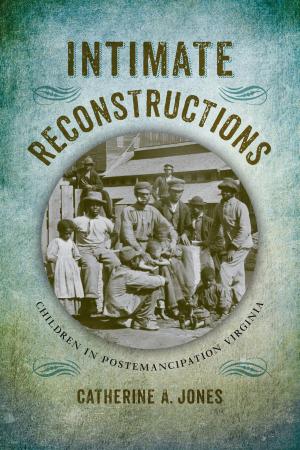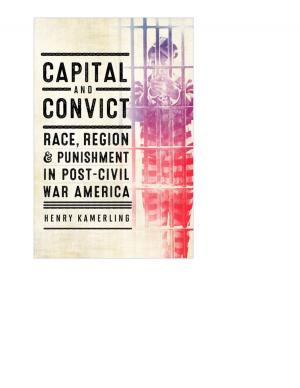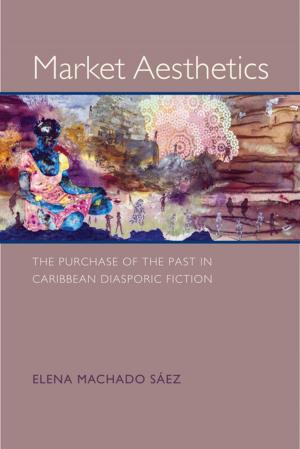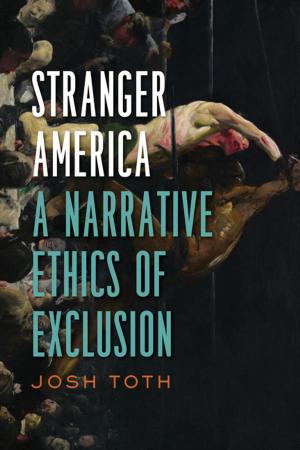Chiefs, Priests, and Praise-Singers
History, Politics, and Land Ownership in Northern Ghana
Nonfiction, History, Africa, South Africa| Author: | Wyatt MacGaffey | ISBN: | 9780813933870 |
| Publisher: | University of Virginia Press | Publication: | March 13, 2013 |
| Imprint: | University of Virginia Press | Language: | English |
| Author: | Wyatt MacGaffey |
| ISBN: | 9780813933870 |
| Publisher: | University of Virginia Press |
| Publication: | March 13, 2013 |
| Imprint: | University of Virginia Press |
| Language: | English |
In his new book, the eminent anthropologist Wyatt MacGaffey provides an ethnographically enriched history of Dagbon from the fifteenth century to the present, setting that history in the context of the regional resources and political culture of northern Ghana. Chiefs, Priests, and Praise-Singers shows how the history commonly assumed by scholars has been shaped by the prejudices of colonial anthropology, the needs of British indirect rule, and local political agency. The book demonstrates, too, how political agency has shaped the kinship system. MacGaffey traces the evolution of chieftaincy as the sources of power changed and as land ceased to be simply the living space of the dependents of a chief and became a commodity and a resource for development. The internal violence in Dagbon that has been a topic of national and international concern since 2002 is shown to be a product of the interwoven values of tradition, modern Ghanaian politics, modern education, and economic opportunism.
In his new book, the eminent anthropologist Wyatt MacGaffey provides an ethnographically enriched history of Dagbon from the fifteenth century to the present, setting that history in the context of the regional resources and political culture of northern Ghana. Chiefs, Priests, and Praise-Singers shows how the history commonly assumed by scholars has been shaped by the prejudices of colonial anthropology, the needs of British indirect rule, and local political agency. The book demonstrates, too, how political agency has shaped the kinship system. MacGaffey traces the evolution of chieftaincy as the sources of power changed and as land ceased to be simply the living space of the dependents of a chief and became a commodity and a resource for development. The internal violence in Dagbon that has been a topic of national and international concern since 2002 is shown to be a product of the interwoven values of tradition, modern Ghanaian politics, modern education, and economic opportunism.















